The project was very engaging because it was possible to follow them step by step through their journeys. The bloggers produced beautiful photographs and videos on stories that are often not reported, creating new forms of conscious travelling and international development storytelling. Their pictures were eventually presented in three photography exhibitions at the European Parliament (both at the European Youth Event in Strasbourg and in Brussels) and in Italy.
In this collective interview, the four bloggers talk about their travels and the issues they encountered, such as gender inequality, climate change, sustainability, poverty and eco-friendly ways of traveling.
Women’s rights in Africa and Asia
You followed many EU-funded projects connected with women’s rights. What did you see and what was your way to cover it?
Ellie Tomassi (East and Southern Africa): First, we look at Africa in a way that makes it seems so vulnerable, but we don’t look at its strength. Second, we should not only look at HIV stories, but also at domestic violence because there are still some rituals that are violation of human rights. For example, when I was in Mozambique I heard of a sexual cleansing ritual, where women who lose their husband are considered impure and therefore have to be subjected to an intercourse with one of the relatives of the husband’s family. After that, they become property.
Jean Luc Habimana (West and Central Africa): There is another ritual in Cameroon for widows. It lasts nine days during which the widow can’t take a shower and has to sleep on the floor, to show that she has nothing to do with her husband’s death. After nine days, there is another ritual where she has to take a shower in public, at the river. The way to change this is to have a conversation, not just to come and say that it is wrong. You have to negotiate: “can you remove this part, while keeping the rest?”. It is complicated.
Ellie Tomassi: I believe that in order to achieve gender equality we need to educate both women and young men. Young boys might also have a pressure to behave like machos in order to be socially accepted and that is wrong, too.
Lauren Kana Chan (Asia): In Nepal, there is a cleansing ritual linked to the menstruation taboo, called Chhaupadi, when women are forced to leave their home during menstruation, they are not allowed to have access to certain food, they can’t use the same water source as the community. They are not allowed to touch the cow because otherwise the cow might die, because they are considered impure during this time.
Some women had skin diseases, one woman had died because during the winter the conditions are very harsh. The project that I visited was trying to eliminate Chhaupadi or at least to raise awareness, but going to the community and telling the people “you shouldn’t do it” is very hard because they believe that if they don’t do it, their gods will punish them. The people from the project created small groups of women who already think that Chhaupadi is harmful health-wise and tried to take it from a health point of view. For example, sanitation should be there, as well as proper food and you should be able to stay inside your house if you want to. They were giving the group more information.
We also visited a village that was Chhaupadi-free. They decided to stop it, and the women were wearing red dresses and welcomed us by dancing. They said that the way to bring change was to also involve men and boys, and that it can take time. It is important to think about society inclusively, but sometimes certain issues are just exclusively female. For example in Bangladesh, there was an education project where girls were so much more likely to drop out of school because they are forced into child marriage. Sometimes you need to specifically target women, but at the same time also to work inclusively with the society.
Ellie Tomassi: Sometimes these situations happen because the people do not know other realities. Imagine that you have only three colours to paint with, while we have the whole palette now. For these communities, it’s all that they know: it is culture, it is family, to them it’s not a human rights violation. That is why we need to raise awareness. During my journey I met women and girls and I saw that just through the fact that we could talk to each other, we were both empowered and we learned from each other because of this connection. I am so tired of only seeing bad things about Africa.
Land rights and agriculture
Regarding environmental protection, there are clear differences of awareness from country to country, but these days it seems that an opinion change is spreading globally, in particular among young people. What are the environment-related issues that you saw?
Lauren Kana Chan: I saw a huge project on land rights in Bangladesh, where the population is extremely big compared to the country’s size. Cases of domestic abuse and violence are often connected to land rights. In Bangladesh there is a lot of agricultural land and you are supposed to pass it down, but it is not equally passed down to women. Therefore, women lose their right to land: in the case of widows, for example, the family tries to take away their lands. The EU has supported projects to teach these women how to fight for their lands.
In Fiji, I saw two projects linked to relocation due to climate change and natural disasters. One relocation was because of flooding; the second one was caused by a cyclone that provoked a mudslide. People lost their homes and a lot of their cultural heritage, too, linked to their land.
One of the most incredible natural disasters I saw was the Aral Sea, located in Uzbekistan and Kazakhstan, which is actually a lake. Hardly any water remains in the lake today. It used to have fresh water and people would drink from it, bath and export a lot of fish. Now, the little water that’s left is extremely salty, many native species have died, and many people have lost their jobs. This was caused both by climate change and by disaster linked to cotton production: people were channeling the water outside the lake in canals.
Ellie Tomassi: In Zimbabwe, for example, the economy is based on agriculture and climate change is destroying the crop. Often they can’t afford to sell the crop, it is just enough for themselves and their families. If it rains heavily or does not rain at all, the crop is destroyed and there is no food for them. Many EU projects are trying to teach them how to prevent such cases or adjust to the weather with new agricultural methods. In Mauritius I saw a project called ‘eco-school’, where they are empowering young children on environment and are teaching them how not to use plastic. If children don’t start taking care now, we are going to be covered in plastic in the next decades!
Ariel Contreras (Latin America): In Latin America, the economy is based on farming and agriculture. The EU projects are teaching more sustainable ways to farm, but they should also focus more on permaculture (author’s note: a sustainable agricultural system that allows for more diversity in crops, the protection of biodiversity and equilibrium of ecosystems). Everyone is growing coffee and cocoa in plantations, but it is not a diversified habitat. If we continue to take down the forest just to produce, it is not going to work out eventually. If we manage instead to mix native species with other ones to also produce vegetables and fruit, then we have a more balanced result. Moreover, the world is getting small because we are expanding, so we need to start planting vertically.
Eco-friendly ways of travelling
How do you manage to travel so much and still be eco-friendly?
Ariel Contreras: In South-America it is close to impossible. You can’t drink tap water. It is a business, they sell you water. My journey was not eco-friendly in terms of water bottles. You don’t have any option other than buying water bottles, only sometimes do you get to refill. But I am not taking food to go, because they wrap it up in plastic. When I have a drink, I ask to get it without straws, but sometimes the waiters would just forget and bring it to you with a straw.
Lauren Kana Chan: I always try to take reusable items with me. However, I took thirty-six flights for this journey, although I tried to offset my carbon footprint for international flights. Nonetheless, I believe that already consciously thinking about it makes a difference.
Jean Luc Habimana: In West Africa, plastic bags are everywhere, they use a lot of them and they have a poor system of waste management. However, it can be different: in Rwanda, my country, we banned plastic bags ten years ago and it really helped along the way. Today I make sure to use as few of them as possible.
A journey of personal growth
What did you learn about the world and about yourself?
Ariel Contreras: I learned that the world is a very messy place sometimes, but there will always be a group of people ready to help you. I became more empathic and I learned better how to listen and not to judge. Travelling this way is really a passion of mine. We grew so much professionally, too.
Lauren Kana Chan: The world is very complex, but intrinsically connected, problems and people, for example climate change with gender issues. Humans can be the most destructive, but also the most resilient beings, which is positive and sad at the same time.
Jean Luc Habimana: In these five months I saw beauty in diversity. I now notice this more. I also learned that I can push my limits further, physically and emotionally.
Ellie Tomassi: About the world, I learned that we are so vulnerable. It was such an inspiration to see so many people trying to create something good and fighting for their rights, never doubting. We come from different countries, but we are part of the same world. About myself, I learned that I am very compassionate, but I learned also to say no, because to say no means to say yes to other things. It is important to draw a line, respecting the others while respecting yourself. I learned to stand my ground.
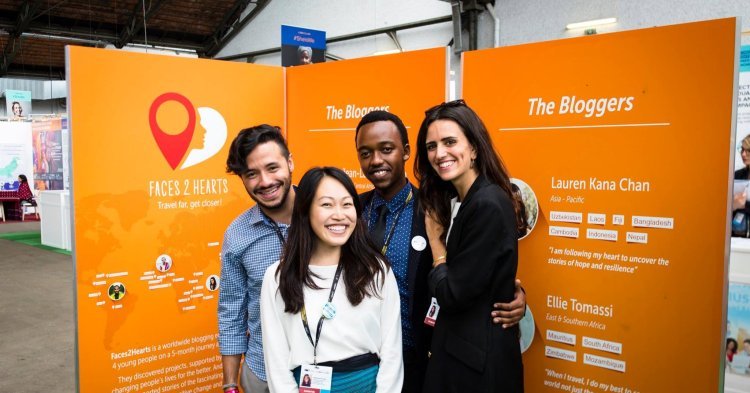
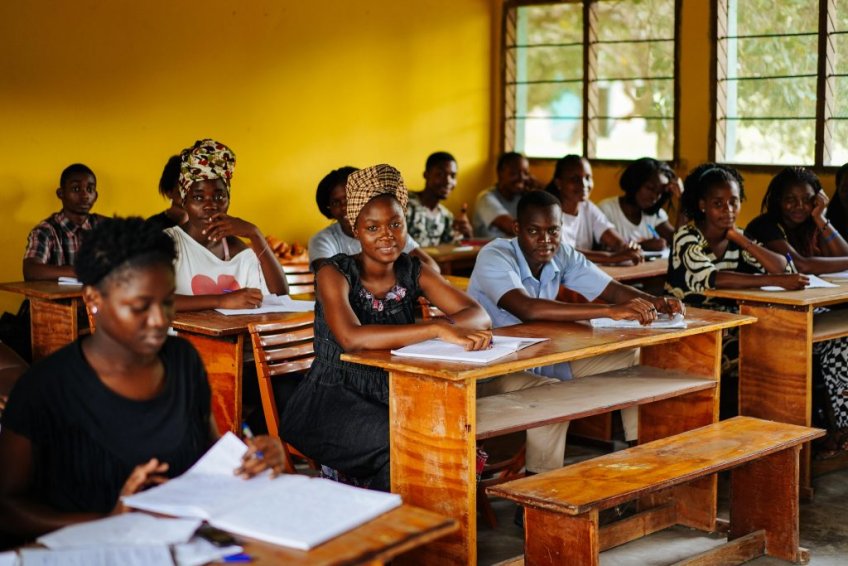

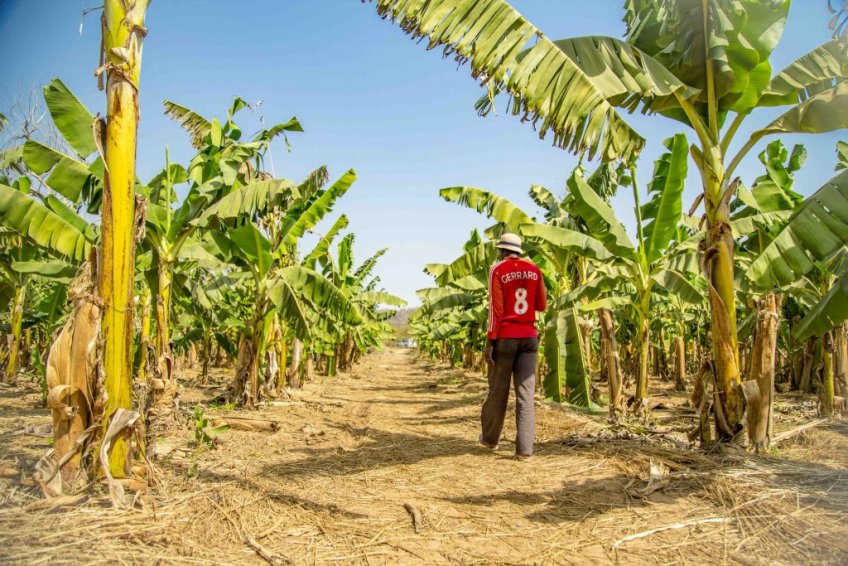
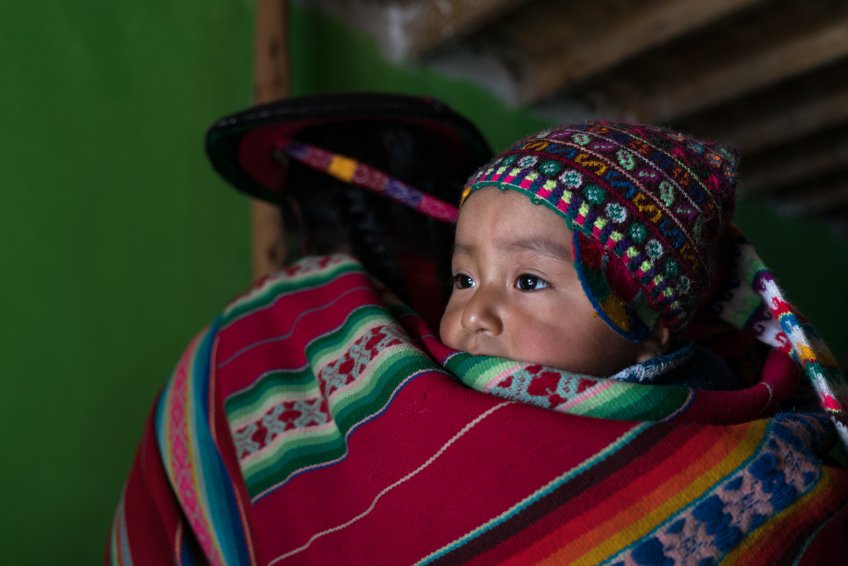
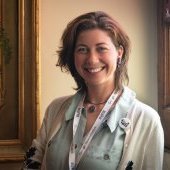
Follow the comments: |
|
